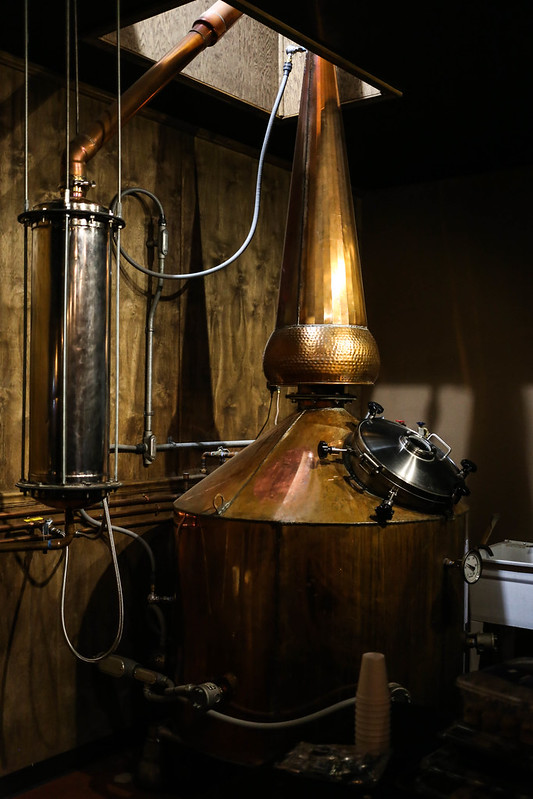The Rise of Women in the Spirits Industry: Shaking Up Tradition
In recent years, the spirits and liquor industry has witnessed a significant transformation, with women playing an increasingly prominent role. From master distillers to entrepreneurs, women are making their mark in this traditionally male-dominated field. Let's explore the exciting developments and challenges faced by women in the world of spirits.
A Toast to Progress
Historically, the spirits industry was largely a men's club. However, women have been involved in distilling for centuries, often in informal or family-based settings. Today, we're seeing a notable increase in women's participation across all aspects of the industry, from distilling and blending to marketing and executive roles.
Trailblazing Women in Spirits
Several women have paved the way for others in the industry:
1. JoySpence became the world's first female Master Blender in 1997 for Appleton Estate rum.
2. Lesley Gracie is the Master Distiller behind the iconic Hendrick's Gin.
3. Marianne Eaves made history as Kentucky's first female Bourbon Master Distiller since Prohibition.
Supporting Women in Spirits
Organizations like Women of the Vine & Spirits are dedicated to empowering and advancing women in the alcohol beverage industry. Many companies now have diversity and inclusion initiatives to support women in the field, addressing challenges such as stereotypes, underrepresentation, and gender pay gaps.
The Rise of Women Entrepreneurs in Spirits
One of the most exciting trends in the industry is the increase in women-owned distilleries and brands. Let's dive deeper into this phenomenon:
1. Growing Numbers: There's been a noticeable uptick in women-founded and women-owned spirits brands across various categories, including whiskey, gin, vodka, and liqueurs.
2. Diverse Products: Women entrepreneurs are creating a wide range of products, from traditional spirits to innovative and niche offerings.
3. Highlighting Heritage: Many women-owned brands emphasize their founders' personal stories, family histories, or cultural backgrounds, adding unique narratives to their products.
4. Sustainable Focus: A number of women-led spirits companies prioritize sustainability, ethical sourcing, and social responsibility.
5. Overcoming Barriers: Despite challenges in securing funding and breaking into established distribution networks, many women have found success through perseverance and innovative approaches.
6. Mentorship and Networking: Successful women in the industry are increasingly mentoring newcomers and creating supportive networks.
7. Industry Culture Shift: The rise of women-owned brands is contributing to a more inclusive industry culture.
8. Recognition and Awards: Women-owned spirits brands are gaining recognition in international competitions, further establishing their presence in the market.
9. Collaboration: Some women entrepreneurs are forming collaborations or collectives to share resources and knowledge.
10. Consumer Support: Growing consumer interest in diverse ownership has helped drive the success of many women-owned brands.
The Future of Women in Spirits
As women continue to make strides in the spirits industry, we can expect to see more innovative products, inclusive practices, and a transformation of the industry's culture. The increasing involvement of women not only brings fresh perspectives but also reflects the diverse consumer base of the spirits market.
From master distillers breaking glass ceilings to entrepreneurs launching exciting new brands, women are undoubtedly shaping the future of the spirits industry. As consumers, we can look forward to a more diverse, innovative, and inclusive world of spirits. Cheers to that!


